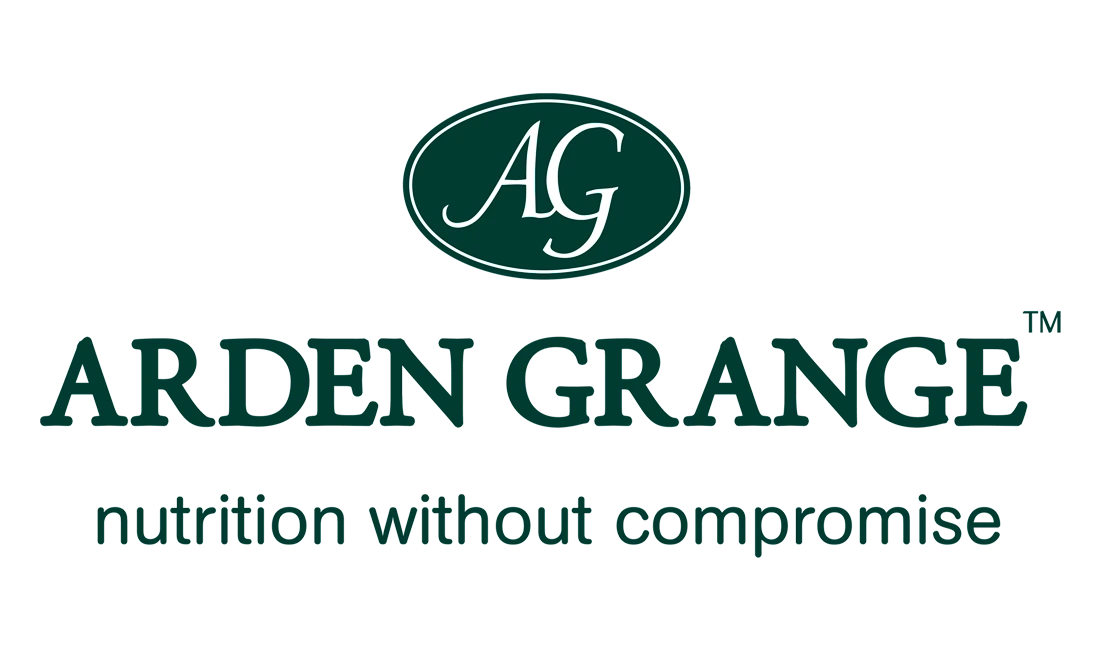Should you humanise your dog’s diet?
For many years there have been trends for humans concerning what they eat. Whether it’s going plant-based, low-carb, following a Mediterranean diet or avoiding certain meats due to their fat content. However, should we be transferring our ‘human hang-ups’ to our dog’s diet?
The simple answer is no. While you may feel you want your dog to eat a specific way, they still have specific nutrition needs which must be met to avoid dietary deficiencies and associated diseases.
By selecting a diet that’s right for you, it might not be right for your dog, this is because getting the balance of essential nutrients your dog needs to live a healthy life can become increasingly difficult by limiting specific ingredients, for example meat. If you are considering changing your dog’s diet to follow a more humanised regime, you should consult your vet.
To help pet parents make sure their dog is consuming everything they need to get their version of ‘5-a-day’ we’ve answered some of your burning dietary questions below:
Dogs are omnivores; therefore they have the ability to eat and survive on a variety of food from both plant and animal origin. However, while dogs can live happily without meat, they can only do this if they are fed a properly balanced diet containing all the necessary nutrients. It’s not always easy.
While meat meal might raise some eyebrows, it is actually just as nutritious as fresh meat.
At Arden Grange our meat meal contains meat, finely ground bone and some offal. We don’t include any parts of the animal that are indigestible, such as beaks, feathers, or feet. Whilst we might not like the sound of it ourselves, bone is a great source of minerals, and offal is rich in vitamins.
This depends on the dog. Some dogs love to try something new and can’t wait for a pack of something tasty to be opened, others prefer to stick to what they know.
While there is no evidence that consuming high amounts of protein will cause kidney failure in dogs, a dog who already has kidney disease may be advised to lower their intake.
When the kidneys are not working properly, the waste products of protein metabolism - ammonia, urea, uric acid and creatinine – (which would normally be efficiently excreted via the urine) can build up to toxic levels in the blood. Reducing the protein intake may reduce the amount of waste. As the kidneys also filter useful substances back into the blood, this can reduce the amount of protein itself from entering them, further lessening their load.
Many adult dogs are intolerant to large amounts of milk because only young puppies produce lactase (the enzyme used to digest milk sugar). Furthermore, some dogs are allergic to casein (milk protein), which is why we don’t include dairy products in our food.
However, the occasional puppuccino is often a welcome, and well-tolerated treat with it being mostly air. Just like us, dogs can also enjoy dairy-free, plant-based milk. Coconut or almond milk are both safe for our canine friends (in moderation).
Eating raw pork is dangerous for a dog as it can harbour parasites. Cuts of meat intended for human consumption can also be very fatty.
However, when prepared and cooked correctly, for example the pork which is in our Adult Pork & Rice kibble recipe, it is not only safe for dogs, it’s a highly digestible source of protein which is packed with amino acids. It’s also a protein that not all dogs are exposed to so can be a good choice for pets with a food intolerance.
Some cuts of duck meat, you’d purchase at the butchers or supermarket are not suitable for dogs as they’re so fatty.
However, our Grain FreeDuck with Superfoods diet includes just a moderate amount of fat and is filled with goodness.
Yes, lean cuts of duck are low in saturated fat and are an extremely gentle protein source; making them a great option for dogs who experience digestive distress.
Yes, whether you feed duck as an ingredient in a tasty treat or healthy complete kibble. Your dog is safe to eat duck every day.
Not only is duck easy to digest for dogs. It’s extremely delicious.
If you would like help picking a new protein for your dog to try or if you have any concerns or questions about the ingredients within your dog’s current diet, speak to our team of nutritionists today.
But whatever you feed your beloved companion, just remember a well-fed pooch is a happy pooch!


 Puppy
Puppy
 Adult
Adult
 Senior
Senior
 Sensitive
Sensitive
 Treats
Treats Kitten
Kitten
 Adult
Adult
 Senior
Senior
 Trusted British Brand
Trusted British Brand

